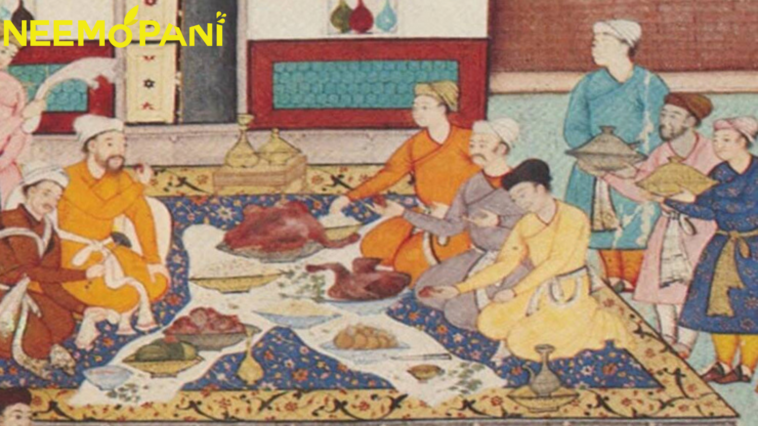Academics in India are outraged about the recent removal of chapters mentioning the Mughal Empire from textbooks, since they believe the action is intended to overshadow the important part Muslims have played in India’s history.
Following a decision by India’s National Council of Educational Research and Training last year to reduce the workload for students in the over 20,000 public and private schools it oversees across the nation, new history and political textbooks, particularly for grade 12 or students aged 17–18, were released in the country in early April.
The Mughal empire, which dominated the subcontinent from the 16th through the 19th century and symbolised the global renaissance of Islamic culture, has had its content removed as a result of the modifications.

They also exclude references to the Gujarat riots of 2002, which took place when Indian Prime Minister Narendra Modi was in control of the state and left hundreds of Muslims dead, as well as associations between Hindu extremism and Gandhi’s killing.
The changes were criticised earlier this week by the Indian History Congress, the largest association of historians in South Asia with more than 35,000 members, who claimed they had created a “plainly prejudiced and irrational perception” of India’s past.
Prof. Syed Ali Nadeem Rezavi, the congress secretary, told Arab News that “it is an attempt to tailor the history as per wishes of the Hindu majoritarian agenda.”
Since Modi’s Hindu nationalist Bharatiya Janata Party took office in 2014, a drive to rename streets and cities with Mughal roots has been under progress in India.





